Dental Implants


The Lasting Benefits of Dental Implants

Choose ImplantWIDE for comprehensive dental implant solutions that bring lasting positive changes to your oral health and overall well-being.
Dental Functionality
Enjoy proper biting and chewing capabilities, restoring the full functionality of your teeth.
Esthetic Restorations
Achieve a natural look and feel with esthetically pleasing dental implants that seamlessly blend into your smile.
Complete Smile Makeover
Undergo a transformative smile makeover that significantly enhances your confidence and overall appearance.
Improved Oral and Physical Health
Experience positive changes in both oral and physical health, as dental implants contribute to better overall well-being.
Enhanced Quality of Life
Enjoy a significantly improved quality of life, marked by the enduring benefits of dental implants.
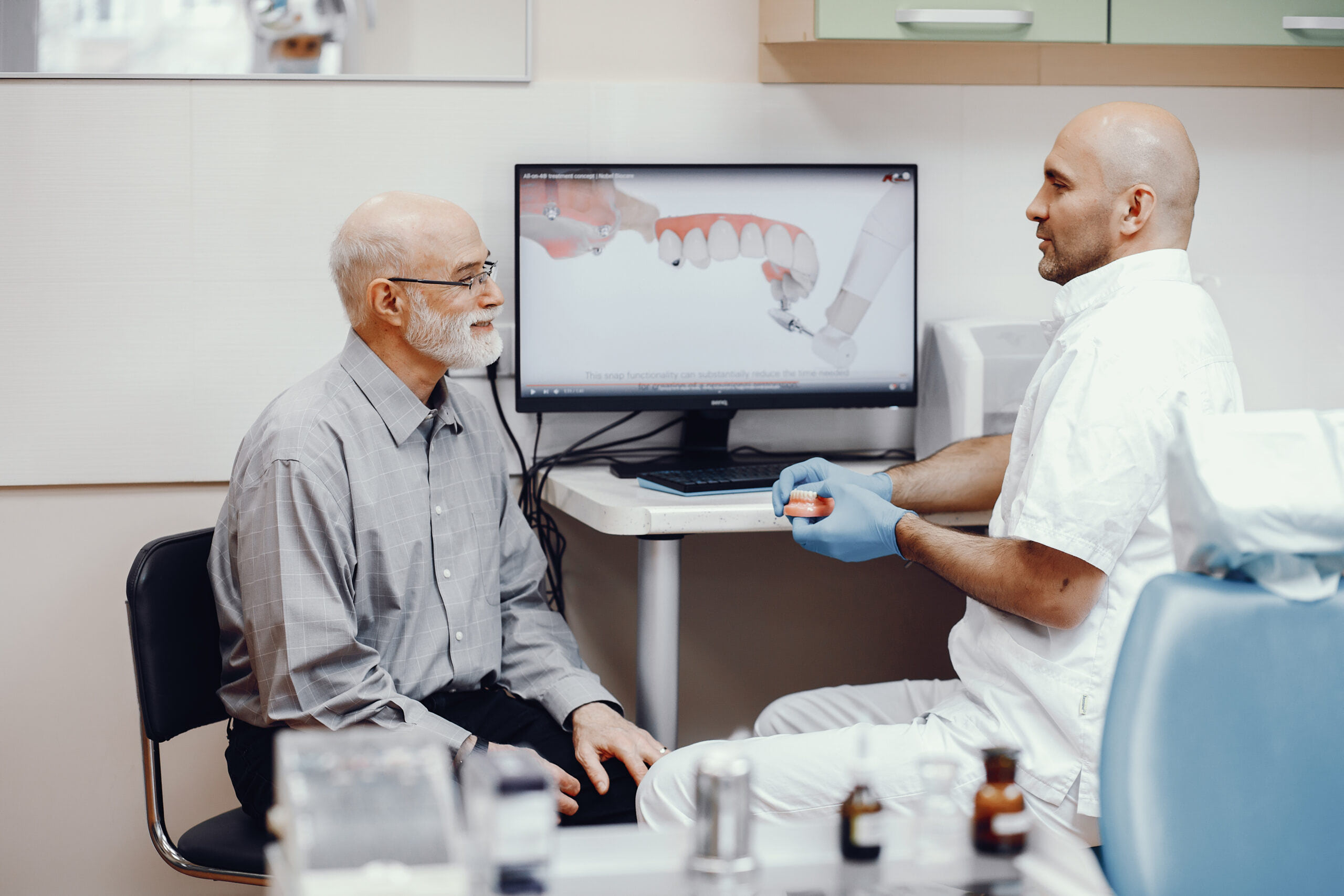
Revitalize Your Smile with Dental Implants
Whether it’s missing, failing, or decayed teeth, the impact on your oral health goes beyond discomfort. Difficulties in biting or chewing and the self-consciousness that comes with talking, laughing, or smiling in photos can be overwhelming.
Beyond oral concerns, missing teeth can lead to more severe health issues affecting the entire body, accompanied by changes in facial appearance due to bone recession. At ImplantWIDE in Skokie, we understand the profound effects on self-confidence, and our dental implant solutions are designed to bring life back to your smile
The Fine Details of Our “Gold Standard” Solution
Our dental implants, often regarded as the “Gold Standard,” offer a permanent solution to restore not just your smile but also overall oral function. Comprising three key components – a titanium or ceramic post, an abutment, and a restoration – these implants seamlessly mimic the look, feel, and function of natural teeth. Beyond the aesthetic restoration, dental implants provide essential bone support and a steadfast foundation for various options such as a single dental crown, a dental bridge, a denture, or a full-arch prosthesis.
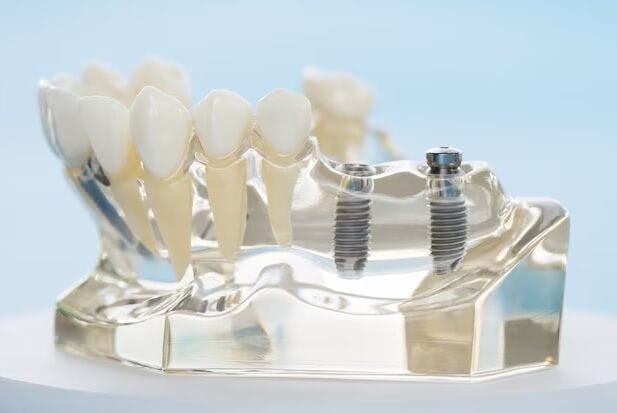
To establish this robust and enduring foundation, the implant posts are precisely surgically placed into your jawbone, with the abutment securing your new set of teeth.
This precision ensures that your revitalized smile can confidently handle everyday activities like chewing, talking, and smiling without any concerns. Additionally, the placement of full arch dental implants in the jawbone helps limit bone recession, preserving your facial appearance and making dental implants one of the most versatile and comprehensive tooth replacement options available.
Achieving success with dental implants demands precision, cutting-edge surgical technology, and the expertise of Dr. Gromov. Our specialization in dental implants at ImplantWIDE ensures optimal outcomes and long-term success for our patients. Trust us to help you attain a healthy, radiant, and vibrant smile!”
Discover Customized Smile Solutions with Dental Implants
Your smile is as unique as you are, and at ImplantWIDE, we specialize in revitalizing it with personalized options tailored to your individual goals. Whether you’re seeking a single arch or a full arch dental implant solution, our fully customizable dental implant services ensure that your smile is not only restored but uniquely crafted to reflect your individuality and promote oral health.
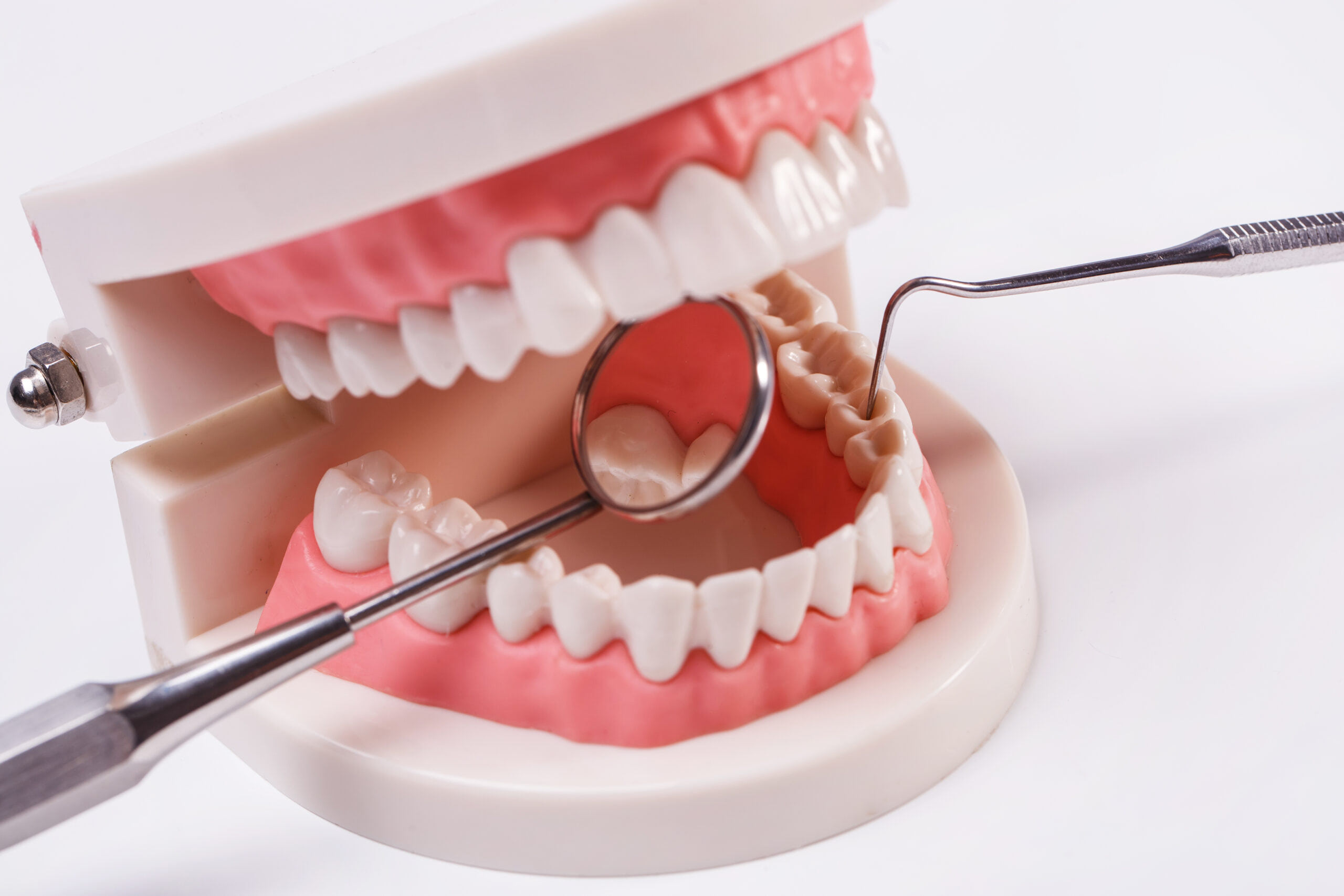
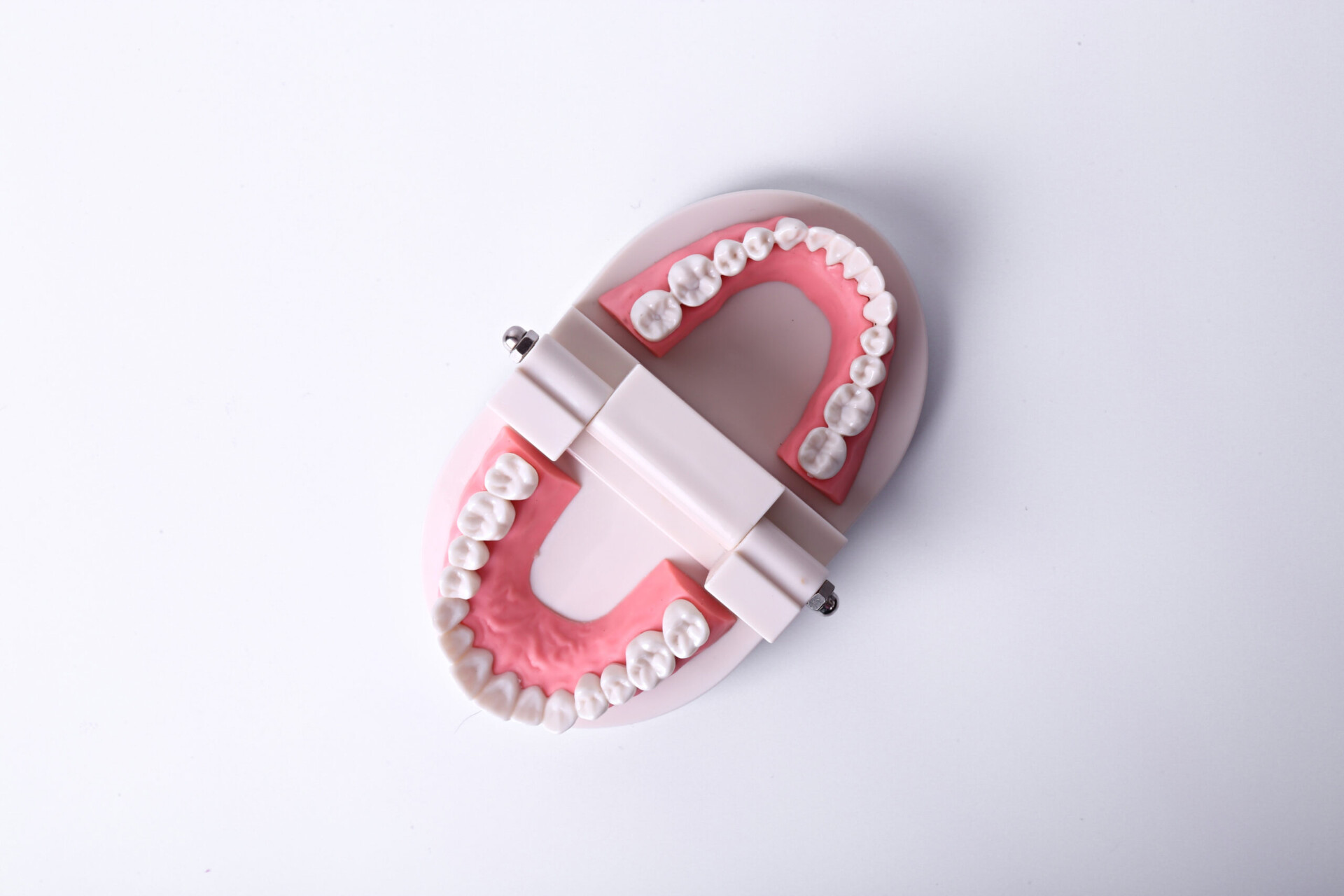
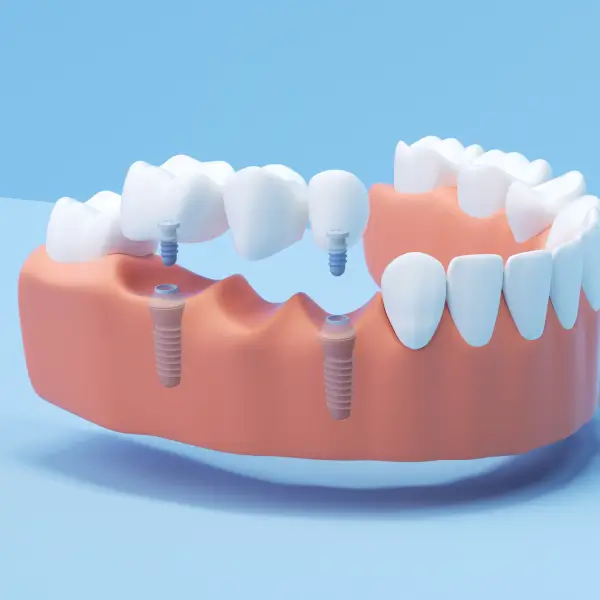
Single Tooth Replacement
The absence of a single tooth can impact more than just your smile; it can lead to larger issues affecting your entire mouth and jaw. Teeth may shift to occupy the gap, and difficulties in chewing certain foods may arise. ImplantWIDE offers a tailored solution with a single dental implant, addressing the cosmetic concern and providing a permanent fix to prevent these associated problems
Multiple Tooth Replacement
The prospect of replacing multiple teeth might seem overwhelming, especially when considering traditional solutions like bridges, crowns, or partial dentures with their maintenance and restrictions. At ImplantWIDE, we offer a streamlined alternative. Multiple teeth can be replaced with the efficiency of just one implant post, providing a long-lasting solution that allows you to enjoy a restored smile for a lifetime.
Implant Supported Dentures
Our implant-supported dentures offer a comprehensive solution for achieving a full mouth restoration. These removable dentures seamlessly attach to surgical implant posts, providing you with the smile you deserve while minimizing bone recession. Unlike traditional dentures, our implant-supported dentures securely attach to your mouth without the need for adhesive, offering both stability and confidence. Patients also have the flexibility to easily remove them for convenient cleaning and maintenance, ensuring optimal oral hygiene and long-lasting results.
Full Mouth Dental Implants
For those with numerous missing or failing teeth, our full mouth dental implants offer a permanent solution that mimics the natural look and feel of teeth. A brand-new set of teeth is securely attached to four or more implant posts surgically implanted into your jawbone, providing both functional restoration and cosmetic enhancements for a rejuvenated and healthy smile.
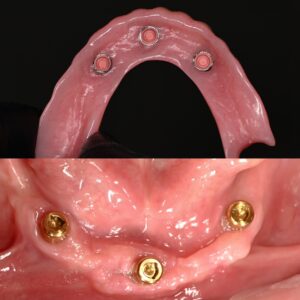
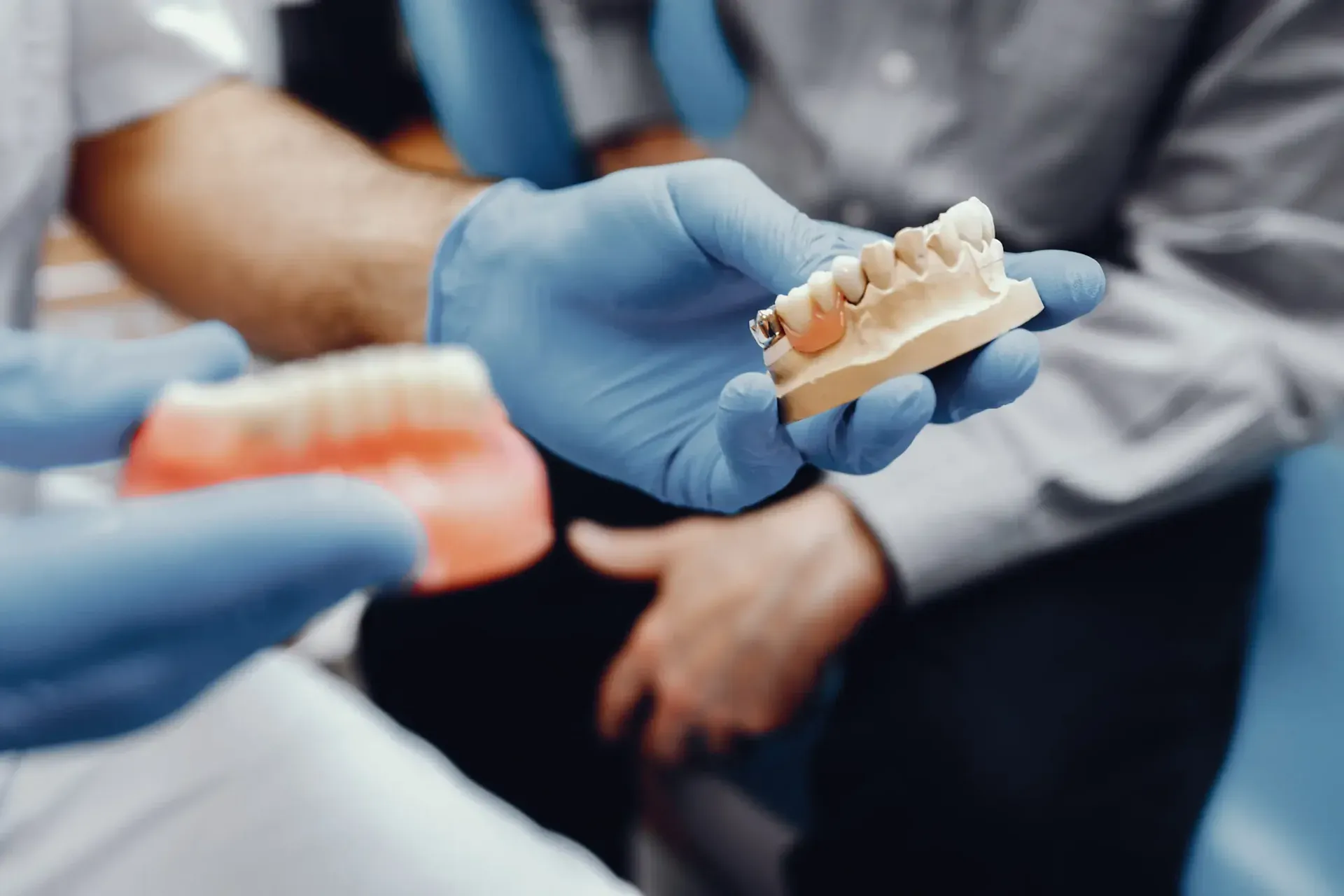
Why Dental Implants Are Our Preferred Solution
Dental implants stand out as our preferred solution for smile restoration due to their numerous advantages. Unlike traditional dental bridges, implants don’t rely on the presence of healthy adjacent teeth for support. Moreover, they significantly reduce the risk of bone recession and sunken facial features. The implant posts, acting as tooth roots, are securely anchored in the jawbone, ensuring stability and support for the final restoration. With the capability to restore over 99% of biting and chewing power, dental implants are our specialty at ImplantWIDE. We take pride in offering our patients this permanent solution for achieving a brand-new, healthy smile
Patients Ask
What are dental implants, and how do they work?
Dental implants are artificial tooth roots made of titanium that are surgically placed into the jawbone. Over time, they fuse with the bone, providing a strong foundation for a replacement tooth or teeth. They function and appear like natural teeth.
Who is a suitable candidate for dental implants?
Ideal candidates for dental implants are individuals with good overall health, healthy gums, and adequate jawbone density to support the implant. However, even if you have some dental issues, such as gum disease or bone loss, there are often solutions and alternatives available.
Is the dental implant procedure painful?
While the idea of dental implant surgery may sound uncomfortable, most patients report minimal pain or discomfort during the procedure. Local anesthesia is typically used to numb the area, and sedation options can be provided for added comfort.
How long do dental implants last?
How long do dental implants last?
Dental implants are designed to be a long-lasting solution. With proper care and maintenance, they can last for decades or even a lifetime. Regular dental check-ups, good oral hygiene, and a healthy lifestyle are crucial for ensuring their longevity.
Are dental implants covered by insurance?
Dental implant coverage varies depending on your dental insurance plan. Some insurance plans may cover a portion of the cost, while others may not cover them at all. It’s advisable to check with your insurance provider to understand your specific coverage.
Patients Share
Barbara
Immediate dental implant testimonial
Google Reviews
DONA G
Dr Gromov did an excellent job with my implant - I am very happy to have chosen him for my operation. My implant operation was complicated by the fact that the spacing between the surrounding teeth was quite small, and there needed to be a bone graft & sinus lift due to it being two years post-extraction. However, Dr. Gromov did an efficient and beautiful job with my implant, and I also appreciated that he put me at ease with the operation, since I was quite nervous beforehand. Dr. Gromov is a caring and experienced expert in his field and I would highly recommend him to others
DIANA OLEX
I do not regret a minute I chose Dr Gromov. He is a great professional who knows and admires what he does. His confident experience and attitude towards patients and work are outstanding! Doctor was on time, he greeted me with a smile that made me feel calm. He explained to me what he needed to do in steps. I had few easy shots as then he extracted my 2 teeth without any pain and I was surprised how quickly I had my 2 implants installed right after.. I felt really happy I was in good hands and made the right choice! Thank you, Dr Gromov
B. MONIUSZKO
Dr. Gromov is a great Doctor! He is not only an expert in implants but he is also an expert in numbing. He is great at what he does! He is very professional, very nice and very gentle. I like how he explains everything (step by step) what he does in my mouth and doesn't scare me. He is always very responsive even on the weekends! His staff is as amazing as the doctor. In addition to all of this Dr. Gromov has a very nice office. I strongly recommend Dr. Gromov! Great service! 5!!!